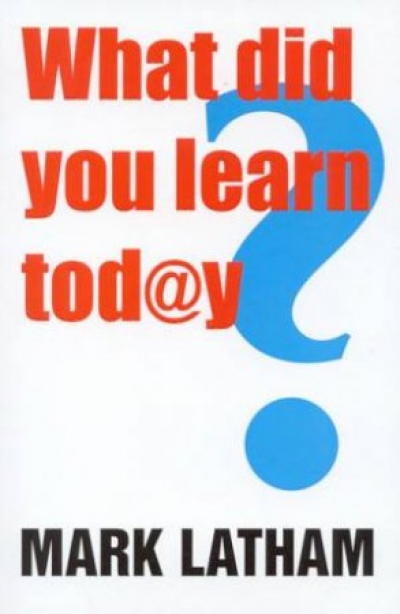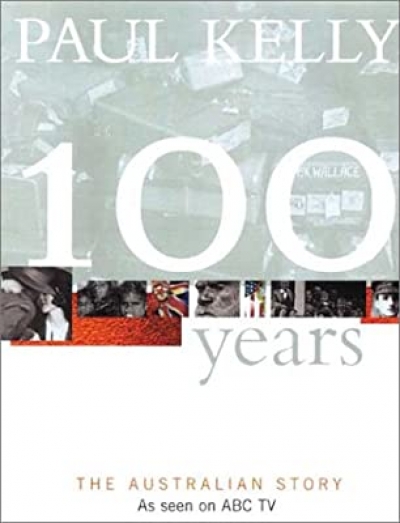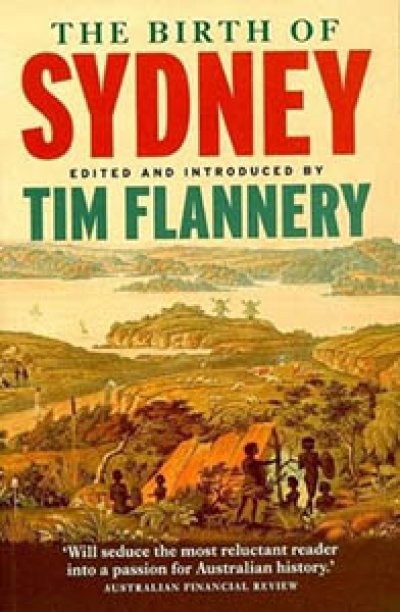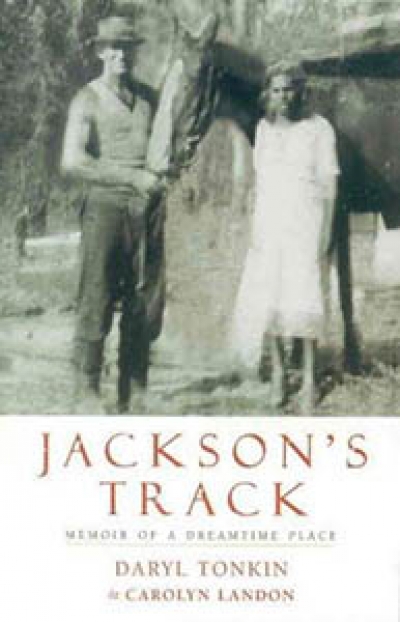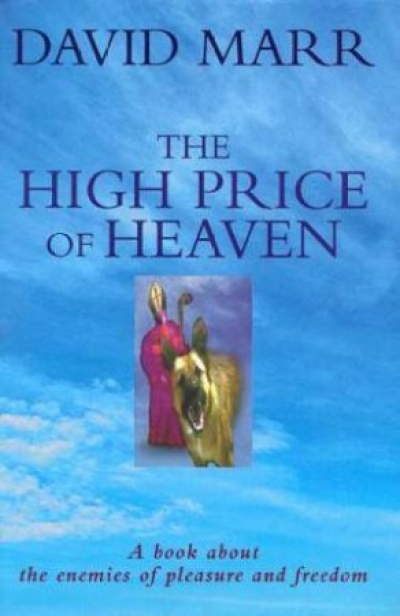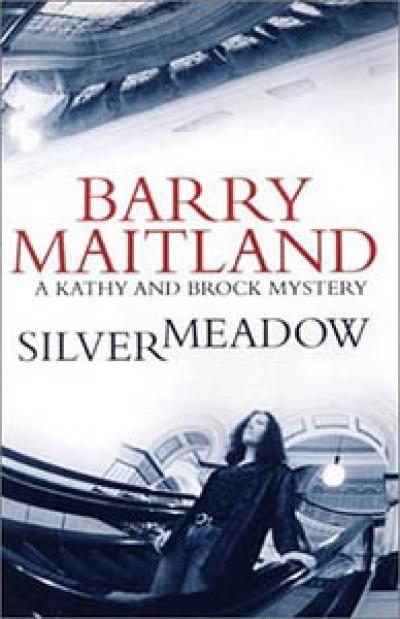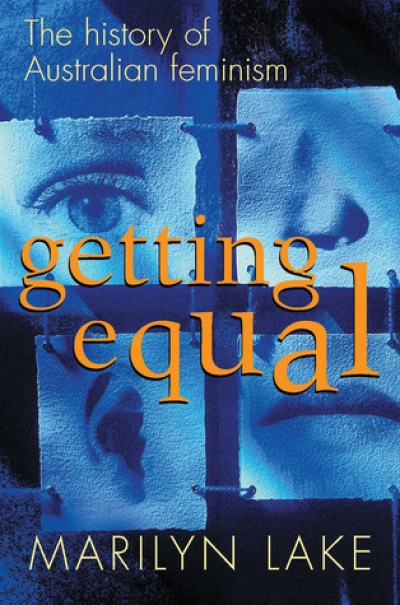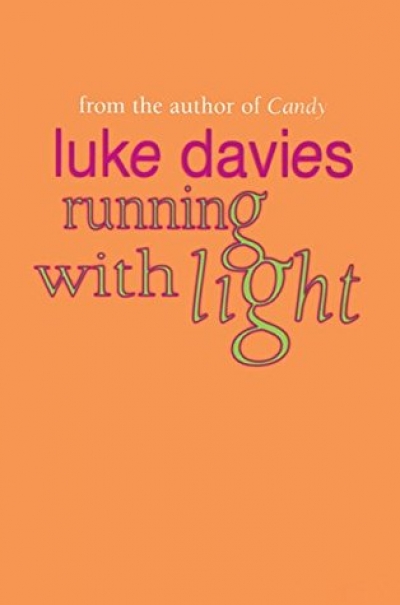Allen & Unwin
Film | Theatre | Art | Opera | Music | Television | Festivals
Welcome to ABR Arts, home to some of Australia's best arts journalism. We review film, theatre, opera, music, television, art exhibitions – and more. To read ABR Arts articles in full, subscribe to ABR or take out an ABR Arts subscription. Both packages give full access to our arts reviews the moment they are published online and to our extensive arts archive.
Meanwhile, the ABR Arts e-newsletter, published every second Tuesday, will keep you up-to-date as to our recent arts reviews.
Recent reviews
The Birth of Sydney edited by Tim Flannery & Buried Alive, Sydney 1788-92 by Jack Egan
by Robyn Annear •
Jackson's Track: Memoir of a Dreamtime place by Daryl Tonkin and Carolyn Landon
by Alison Ravenscroft •
Silver Meadow by Barry Maitland & An Uncertain Death by Carolyn Morwood
by Sue Turnbull •
Getting Equal: The history of Australian feminism by Marilyn Lake
by Jenna Mead •

